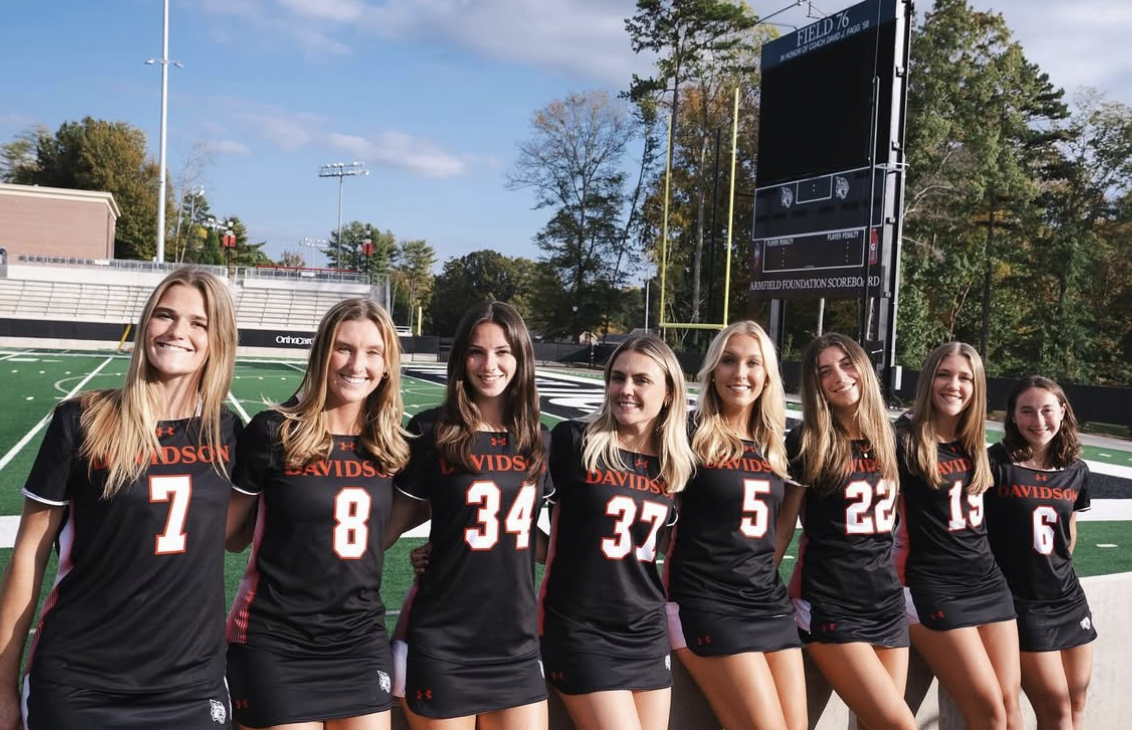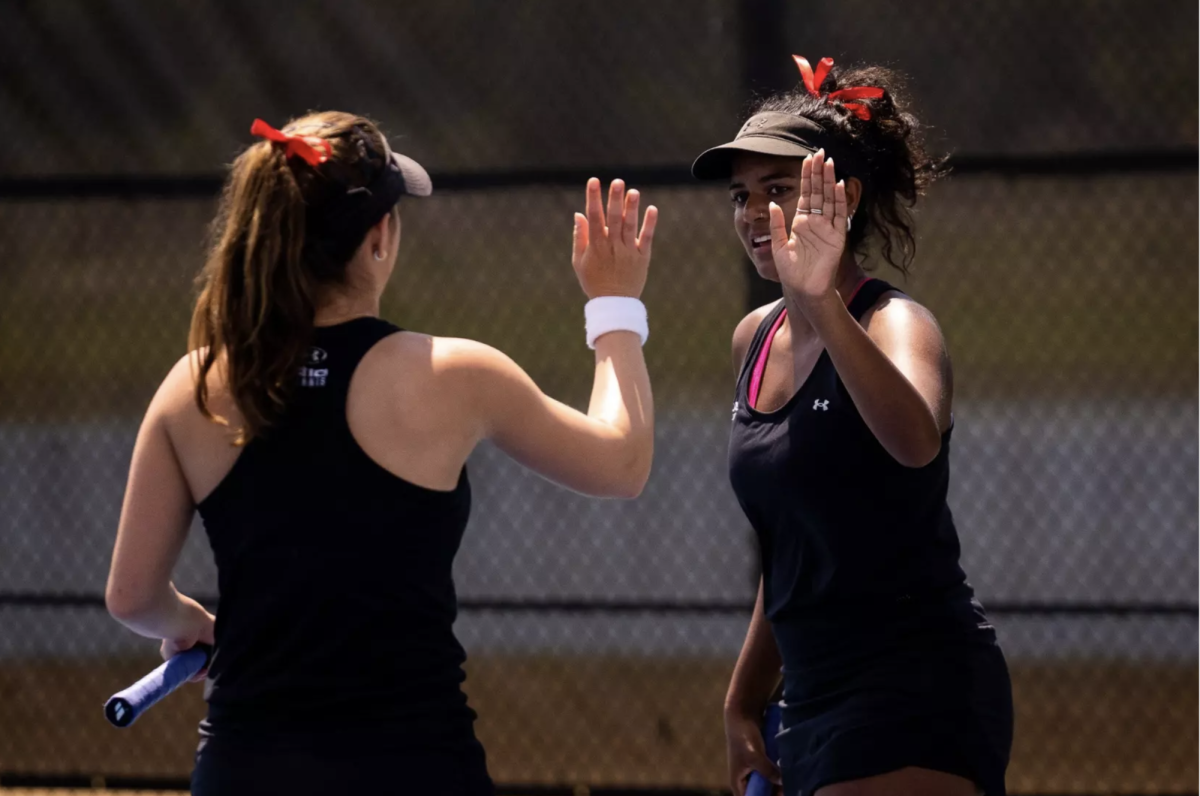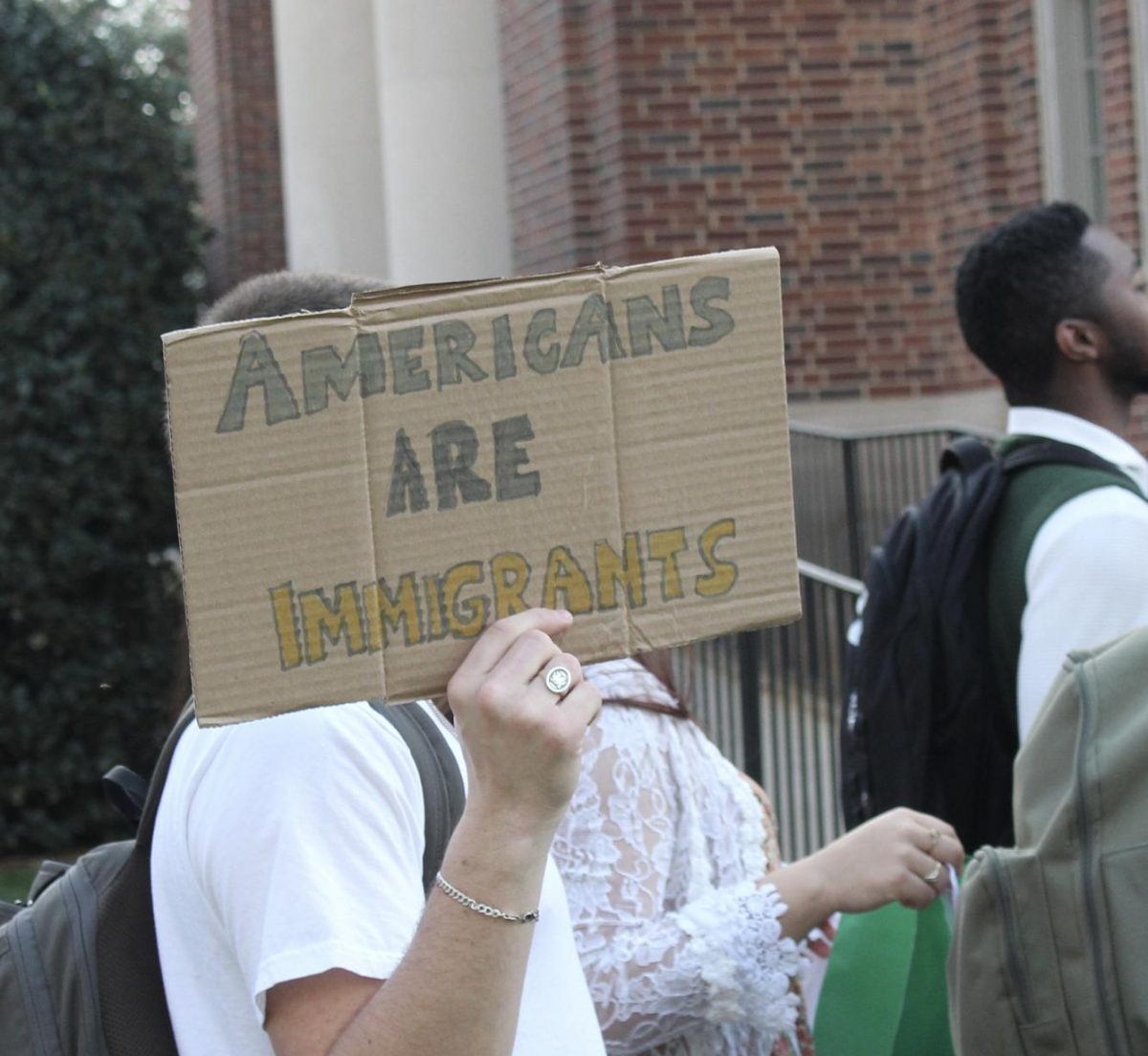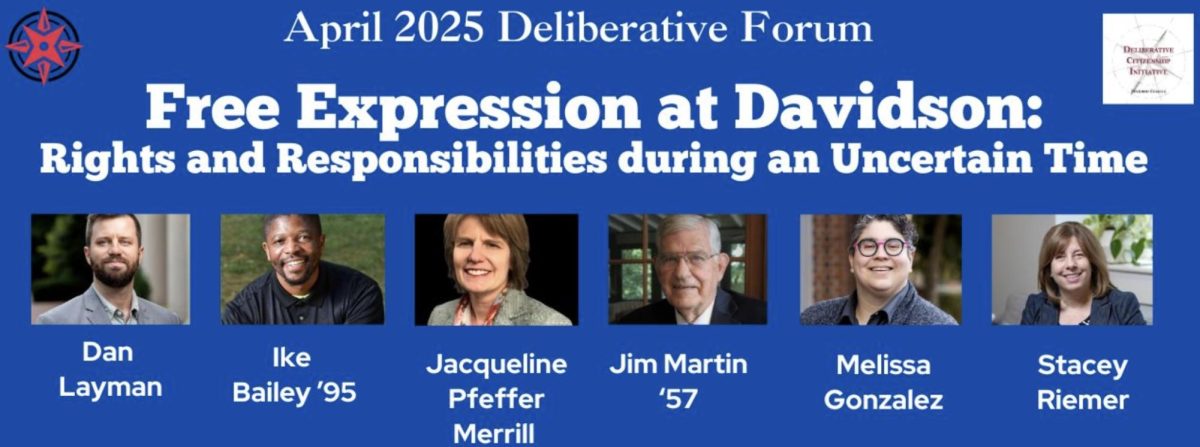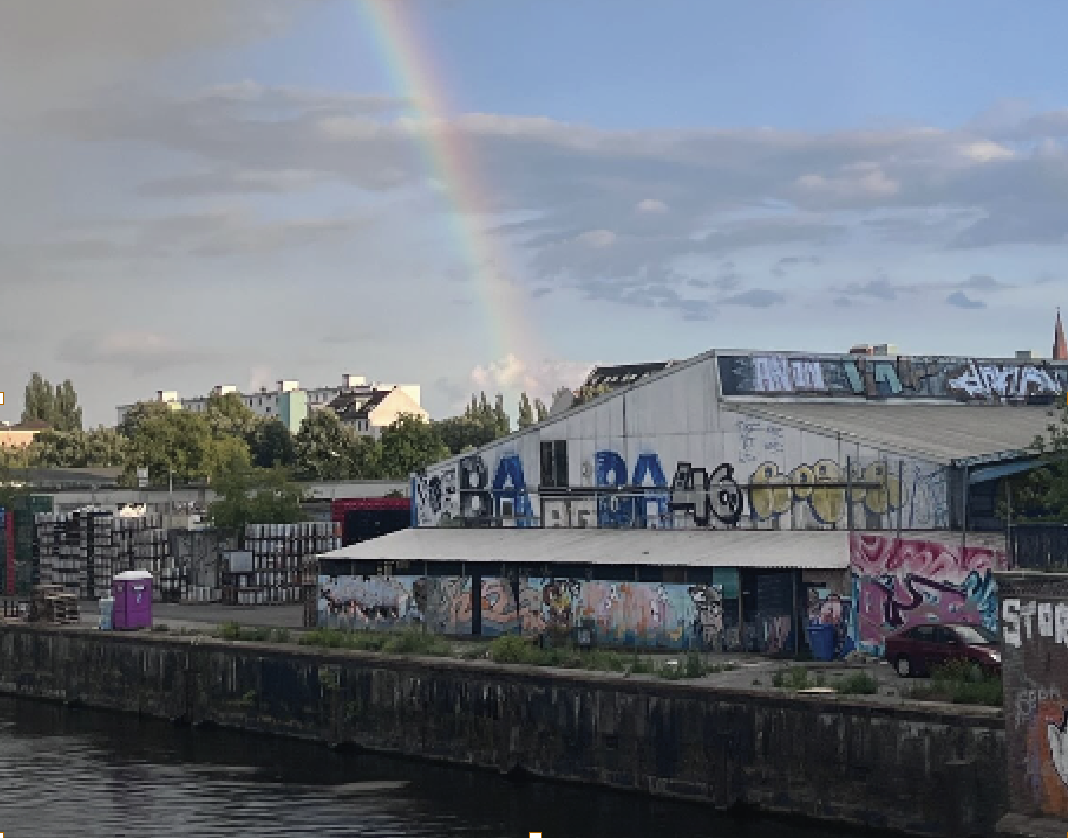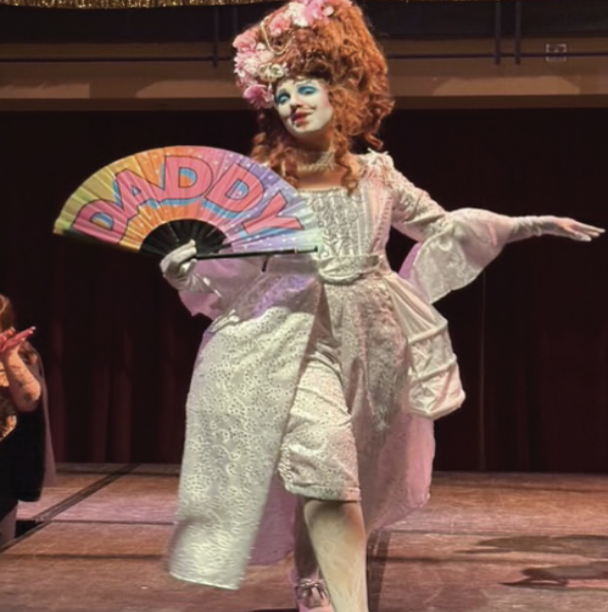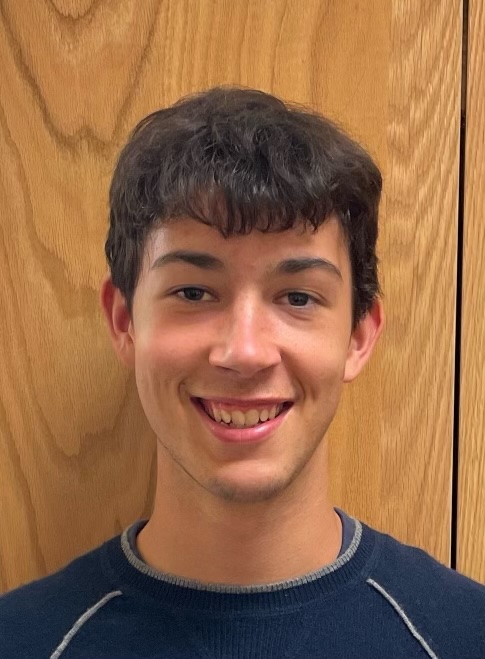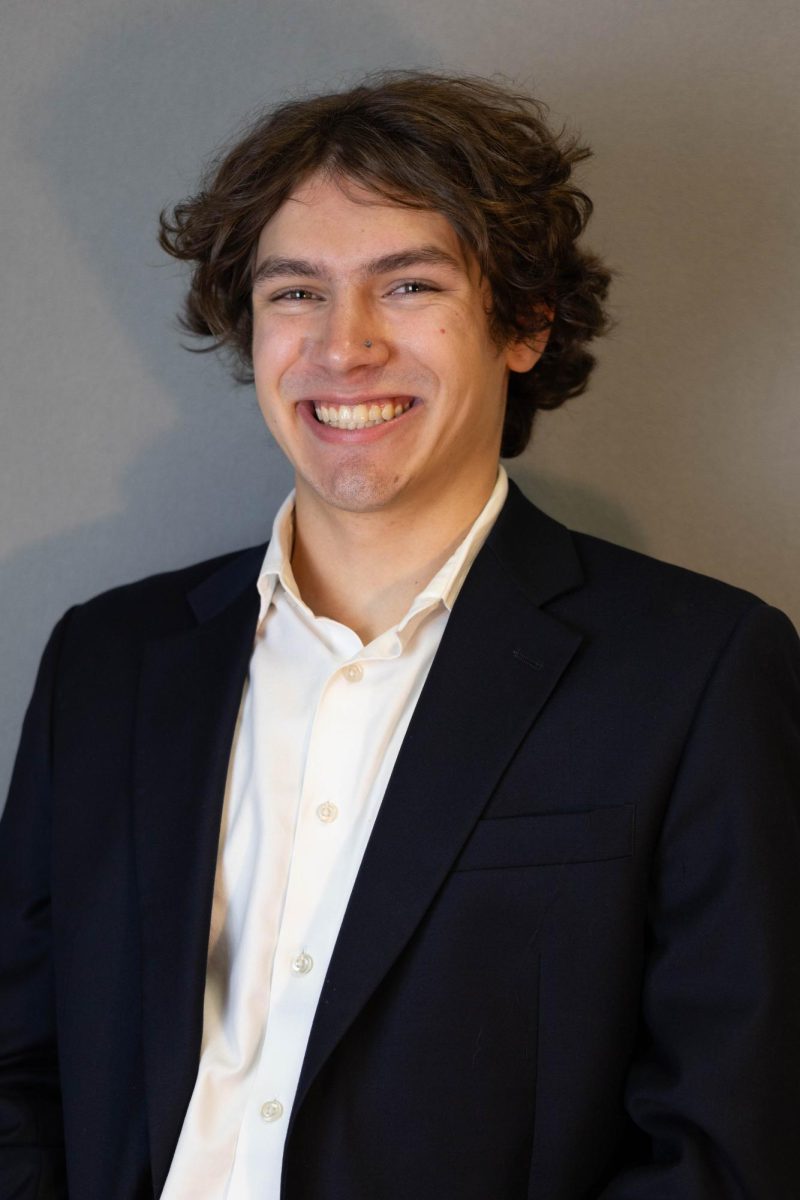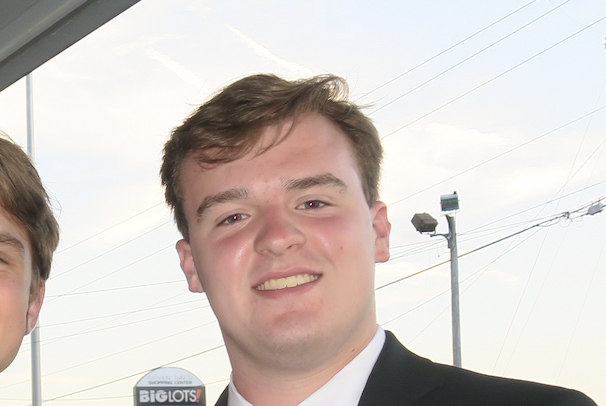S omething about Phi Gamma Delta (Fiji) feels different this year. Historically one of the smaller fraternities on campus, and not quite like the rest of Davidson’s Greek Life, Fiji has suddenly found itself at the center of campus conversations. I see Fiji as a fraternity that has always had its own niche: a little nerdier, less traditional and built around a more easygoing sense of brotherhood. Their new pledge class is one of the largest they have had in recent years, and they even had to turn people away during rush. As we watch them frolic around Patterson Court, one thing is clear: this is Fiji’s yassification.
omething about Phi Gamma Delta (Fiji) feels different this year. Historically one of the smaller fraternities on campus, and not quite like the rest of Davidson’s Greek Life, Fiji has suddenly found itself at the center of campus conversations. I see Fiji as a fraternity that has always had its own niche: a little nerdier, less traditional and built around a more easygoing sense of brotherhood. Their new pledge class is one of the largest they have had in recent years, and they even had to turn people away during rush. As we watch them frolic around Patterson Court, one thing is clear: this is Fiji’s yassification.
I see yassification as a slightly airbrushed version of something familiar, the same core with better packaging. There’s increased visibility and buzz and suddenly everyone swears they knew it was cool before it was cool. I don’t believe Fiji has necessarily changed, but the way people perceive them certainly has. More students wanted to rush, Ryburn has been more crowded on the weekends and their name comes up in conversation more than it used to.
So what drew people to Fiji this year? A lot of it comes down to the fact that Fiji does not fit the traditional fraternity image. Stereotypical “frattiness” tends to be associated with tradition, exclusivity and a structured social hierarchy. Fiji has always had a slightly different approach, with a reputation for being more flexible in their social scene and recruitment style. That difference is part of their draw.
This year, instead of struggling to fill a pledge class, Fiji had more interest than they could take on. According to one of Fiji’s rush chairs, Harrison Bachrack ‘27, this interest was a major shift from past years. “Last semester, people kept saying, ‘Oh yeah, Fiji is so back,’” he recalled. With an increase in numbers came changes to the way their recruitment process operated. In past years, anyone who wanted a bid could realistically get one. This time, though, the rush chairs had to make decisions. “We’ve never really had to turn people away before,” Bachrack admitted. “This time, we knew that a lot of these guys were also going to end up in other frats, so we were able to narrow it down that way.”
The surge in interest this year raises an interesting question: does Fiji’s recent growth mean they’re stepping into a new level of popularity or are they starting to resemble a more traditional fraternity? Some argue that their larger presence on campus is simply a reflection of changing student interest. Others see this change as a shift toward a more conventional Greek Life experience. “There’s definitely more interest, and people are talking about us in a new way, but we also don’t want to lose who we are,” Bachrack said. “I think it’s pretty obvious to everyone that we’re not the most fratty. We want to be very philanthropic and brotherhood-focused.”
As their numbers increase, they face the challenge of maintaining what sets them apart. Can a fraternity nearly double in size and still operate the same way? Henry Wilcox ‘26, current president and previous rush chair of Fiji, has seen this shift firsthand.
“Way more people were involved in the rush process than in years past. It wasn’t just the rush chairs and the president. More of the house was involved in recruiting.” Even with this growth, Wilcox doesn’t believe Fiji’s core identity has changed. “There is something stagnant about the personality, there’s a brand that’s been built.”
That brand, whether you call it yassification or just the natural result of growth, has undeniably strengthened. Fiji’s newfound social presence on campus isn’t just about perception. A larger membership means more influence, organization and, inevitably, more responsibility. This growth doesn’t necessarily mean they’ve been fully yassified or fratified, but it does mean they’re operating on a different scale than before.
Growth is exciting, but figuring out how to expand without losing their identity is its own challenge.
“We’ve grown more than we ever have in my living memory,” Wilcox stated. The fraternity’s new size has already forced them to adjust internally, and even simple operations like organizing meals have become more complicated. Still, Bachrack believes that Fiji hasn’t really changed at its core. “Same people. Same vibe. Everyone’s still kind of a nerd at the end of the day,” he declared. Whether this shift was intentional or just a natural progression, one thing is clear—Fiji is evolving. What’s next? Fiji: The Franchise. Will they keep this momentum going or will they, like all great empires, one day fly too close to the sun?
For now, I’ll just sit back and watch the yassification—or fratification—unfold.
Anta Lo ‘27 is a psychology major from Winston-Salem, NC and can be reached for comment at [email protected].

